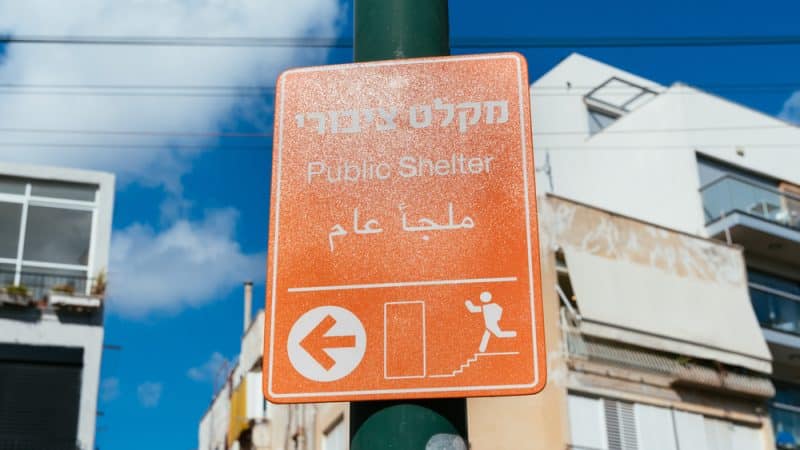Knesset Finance Committee Gives Approval for Budget

The 2021 and 2022 Budget Laws received approval on Wednesday night for the second and third readings by the Knesset Finance Committee. There were marathon debates of about six hours, including several hundred objections of the total 30,000 that had been submitted by the Joint List, Shas, the United Torah of Judaism, the Likud and the Religious Zionist Party. MK Alex Kushnir, the chairman of the committee, made a motion for reaching a compromise with the opposition parties. Approximately NIS 70 million were involved in this compromise and these additional funds were allocated to projects that have the support of the opposition parties.
These include NIS 5 million that were set aside for renovation of hospitals in the periphery, funding for yeshivot and NIS 3 million allocated for making developments in Negev and the Galilee. An agreement was also made for amending legislation that would cut down the National Insurance payments that have to be made by Israeli students who are studying abroad. After the agreement, Kushnir said that they had gone through a significant process and it was definitely one for the state, keeping in mind that the last budget htat had received approval was back in March 2018.
He added that there was a lot of good news in this budget and there were a lot of reforms, along with Arrangements Law. He also thanked the members of the coalition as well as the opposition members who had participated in every discussion, even though there were disagreements. In recent days, the Knesset Finance and Economics committees have been putting in a lot of effort not just for the budget, but also for approving the final chapters of the Economic Arrangements Law (EAL) that will be introduced alongside it. The state budget will formally be presented by the government on Sunday to the Knesset.
Their goal is to get the budget approved by the November 14th deadline in the second and third readings. In September, the Knesset had passed the first three readings of the budget and the EAL before the holiday break. The coalition had decided to start the final deliberations two weeks ahead of the deadline because they wanted to have enough time for dealing with any unexpected delays. If the deadline passes and the budget is not passed, then new elections will have to be held because the Knesset will be disbanded automatically. However, it is expected to be passed at this point without any delays.
For more than three years, there hasn’t been a budget in Israel and the one under discussion is full of ambitious reforms and projects. These include a number of controversial ones. There is an agricultural reform that’s expected to increase market competition for produce and eggs as well as an import reform that will allow a greater number of products to be sold in the country at lower prices. Other controversial reforms include raising the retirement age of women gradually from 62 to 65 and banking reforms for ensuring greater transparency in the sector and many more.



